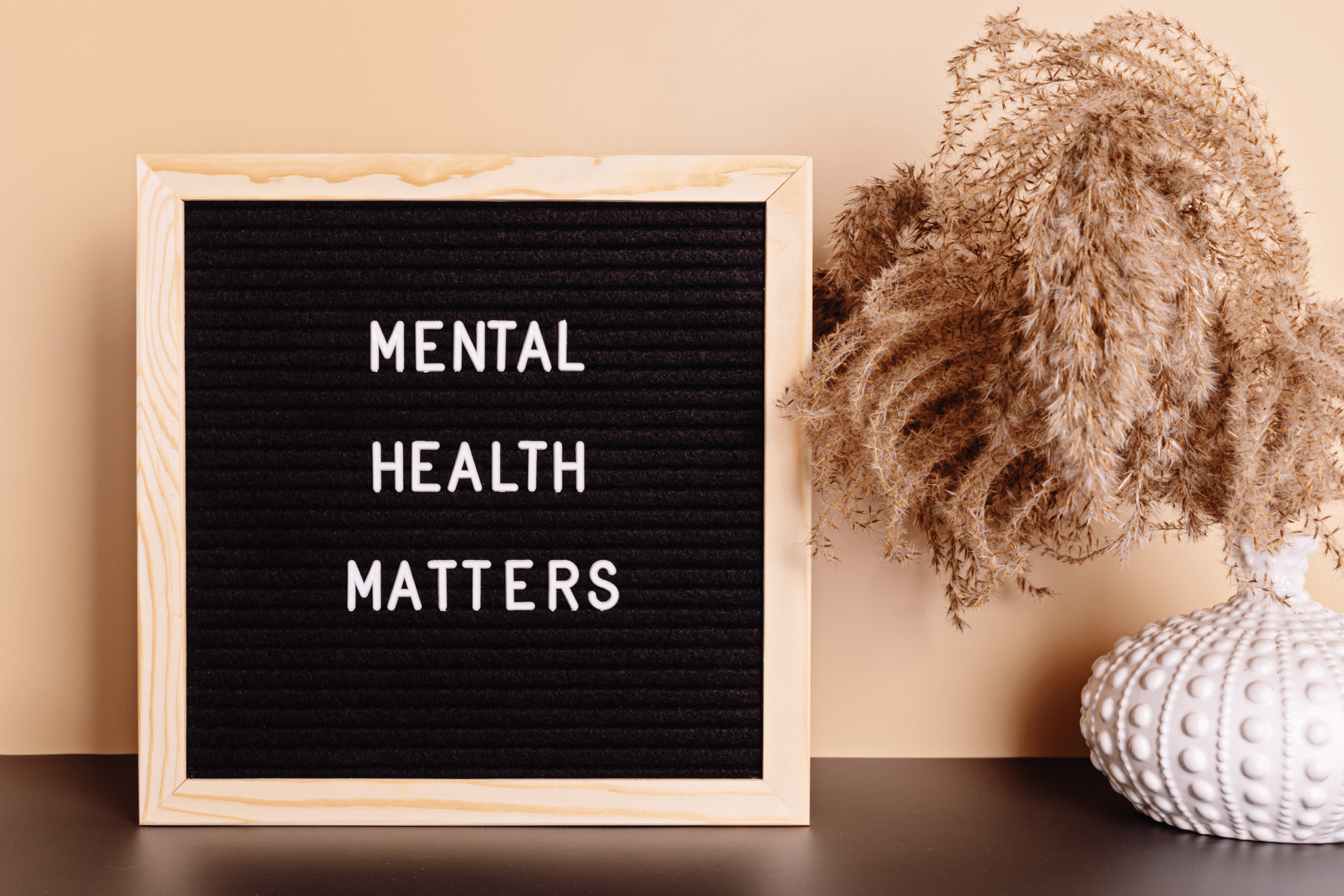In recent years, Colorado has seen a growing recognition of the significant impact that mental health issues can have on juvenile behavior, driving reforms in our state’s juvenile justice approach. Mental health evaluations in juvenile cases have become an indispensable part of this landscape, providing insights that inform both adjudication and rehabilitation processes.
Here, we explore the importance of these evaluations, how they are conducted in Colorado, their impact on case outcomes, and the broader benefits of addressing mental health issues within our juvenile justice system.
The Importance of Mental Health Evaluations in Juvenile Criminal Cases
The primary mission of the juvenile justice system here in Colorado is rehabilitation over punishment. Juveniles are at a crucial developmental stage where psychological, social, and environmental influences significantly shape their behavior. Mental health evaluations serve as a comprehensive tool to understand these influences and ensure fair and effective outcomes for all clients charged with juvenile crimes.
Here’s why they are critical in Colorado:
Customized Rehabilitation Plans. By identifying mental health conditions, traumatic experiences, or developmental disorders, evaluations can help create tailored rehabilitation plans. This ensures that interventions address the root causes of delinquent behavior rather than just the symptoms.
Informed Judicial Decisions. Colorado judges and probation officers rely on thorough psychological reports to make well-informed decisions about sentencing, treatment options, and care plans, leading to more effective rehabilitative outcomes.
Reducing Recidivism. Addressing mental health issues early on decreases the likelihood of reoffending. Proper therapeutic interventions can redirect juveniles towards healthier behaviors, reducing their chances of returning to the justice system.
How Mental Health Evaluations Are Conducted in Colorado
Understanding the three-step process behind mental health evaluations – detailed in Title 19 – The Children’s Code – highlights their depth and thoroughness.
1. Initial Screening. In our state, initial screenings might involve tools like the Colorado Juvenile Risk Assessment (CJRA) to flag juveniles who need further psychological assessment.
2. Comprehensive Assessment. For those identified during screening, licensed psychologists or psychiatrists conduct detailed evaluations, which include:
- Clinical Interviews – Gathering extensive histories involving personal, family, and social backgrounds.
- Standardized Testing – Employing psychological tests to evaluate cognitive, emotional, and personality aspects.
- Behavioral Observations – Observing the juvenile in various environments (e.g., at home, in school, or in detention) to capture behavior patterns.
3. Report Preparation. The collected data is condensed into a thorough report that offers psychological diagnoses, identifies contributing behavioral factors, and provides treatment recommendations.

Impact on Case Outcomes in Colorado
Mental health evaluations can significantly influence case outcomes for juveniles in Colorado.
Diversion to Treatment Programs. Juveniles diagnosed with mental health issues are often diverted into appropriate treatment programs instead of conventional judicial processing. These programs are better equipped to address the root causes of delinquency.
Focused Rehabilitation Efforts. Colorado judges may lean towards alternative sentencing, such as community-based therapy, residential treatment centers, or ongoing counseling, instead of incarceration.
Family and Community Involvement: Recommendations typically encompass family therapy or community-support initiatives, promoting a comprehensive rehabilitative approach that enhances the juvenile’s support network.
We have been able to secure positive outcomes like these for numerous juvenile clients.
Benefits of Addressing Mental Health Issues in Colorado’s Juvenile Justice System
Addressing mental health needs in Colorado’s juvenile justice system can foster a more rehabilitative and less punitive environment that leads to significant benefits for affected individuals and the community. Just a few of these benefits include:
Improved Long-term Outcomes. Addressing mental health issues early provides juveniles with essential coping mechanisms and tools for a healthier life. This, in turn, reduces the likelihood of reoffending and helps break the cycle of criminal behavior.
Economic Efficiency. While initially resource-intensive, comprehensive mental health evaluations and treatment programs are cost-effective over time. Reducing reliance on incarceration saves taxpayer money and cultivates productive community members.
Enhanced Public Safety. Effective mental health interventions improve the welfare of juveniles and positively impact public safety by mitigating the risk of future offenses.
Humanitarian Approach. Emphasizing mental health reflects a justice system committed to humane treatment, recognizing the potential for growth and change in young individuals, and moving away from solely punitive measures.

The bottom line is that mental health evaluations are already playing a large role in juvenile cases in Denver and around Colorado as a whole, and that is only likely to increase in the future.
About the Author:
Kimberly Diego is a criminal defense attorney in Denver practicing at The Law Office of Kimberly Diego. She obtained her undergraduate degree from Georgetown University and her law degree at the University of Colorado. She was named one of Super Lawyers’ “Rising Stars of 2012 & 2019-2022” and a “Top 100 Trial Lawyers in Colorado” for 2012-2022 by The National Trial Lawyers. Both honors are limited to a small percentage of practicing attorneys in each state. Additionally, Expertise names her to its lists of the 25 Best Denver DUI Lawyers and 21 Best Denver Criminal Defense Lawyers, both in 2020-2022. Ms. Diego has also been recognized for her work in domestic violence cases.





